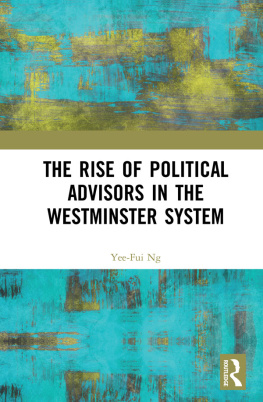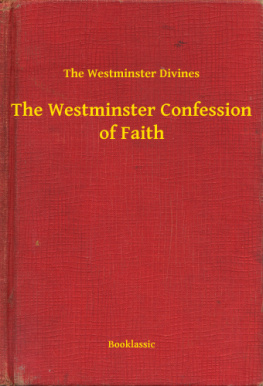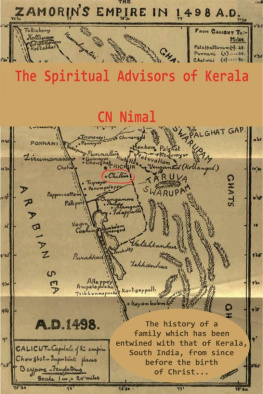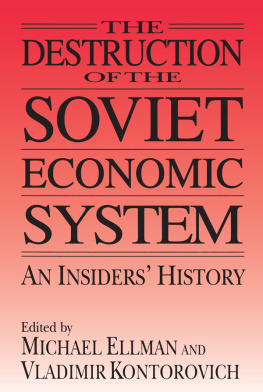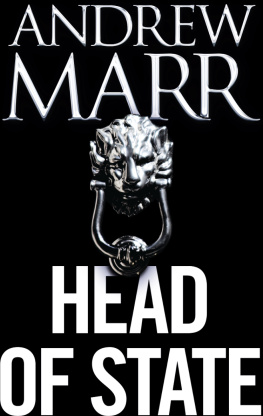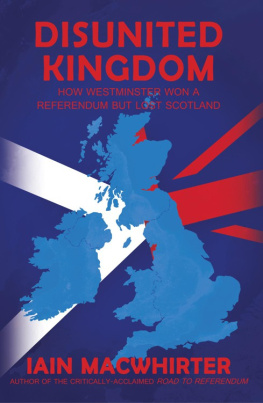The Rise of Political Advisors in the Westminster System
Political advisors have risen in significance in Westminster countries, and have been increasingly thrust into the limelight by headline scandals and through their characterisation in various television series. This increased prominence has led to greater scrutiny of their role and influence. This book demonstrates that the introduction of political advisors into the structure of the executive has led to the erosion of the Westminster doctrine of ministerial responsibility.
Adopting a comparative approach, the book analyses the rise in the power and significance of political advisors in the Westminster jurisdictions of the United Kingdom, Australia, New Zealand and Canada. It shows the fundamental shift of the locus of power from the neutral public service to highly political and partisan ministerial advisors. Tracing the divergent paths for legal and political regulation of political advisors, Yee-Fui Ng illuminates the tensions that they pose within the Westminster system in terms of the media/politics and faction/opposition interfaces.
Providing insights for those researching or engaged in politics and public administration, this work will interest scholars and students of politics and public law, policy and administration.
Yee-Fui Ng is a Senior Lecturer at Monash University, Australia. She has worked as a Policy Advisor at the Australian Department of the Prime Minister and Cabinet, a Senior Legal Advisor at the Victorian Department of Premier and Cabinet, as well as a Manager at the Victorian Department of Justice.
The Rise of Political Advisors in the Westminster System
Yee-Fui Ng
First published 2018
by Routledge
2 Park Square, Milton Park, Abingdon, Oxon OX14 4RN
and by Routledge
711 Third Avenue, New York, NY 10017
Routledge is an imprint of the Taylor & Francis Group, an informa business
2018 Yee-Fui Ng
The right of Yee-Fui Ng to be identified as author of this work has been asserted by her in accordance with sections 77 and 78 of the Copyright, Designs and Patents Act 1988.
All rights reserved. No part of this book may be reprinted or reproduced or utilised in any form or by any electronic, mechanical, or other means, now known or hereafter invented, including photocopying and recording, or in any information storage or retrieval system, without permission in writing from the publishers.
Trademark notice: Product or corporate names may be trademarks or registered trademarks, and are used only for identification and explanation without intent to infringe.
British Library Cataloguing-in-Publication Data
A catalogue record for this book is available from the British Library
Library of Congress Cataloging-in-Publication Data
Names: Ng, Yee-Fui, author.
Title: The rise of political advisors in the Westminster system / Yee-Fui Ng.
Description: Abingdon, Oxon ; New York, NY : Routledge, 2018. | Includes bibliographical references and index.
Identifiers: LCCN 2017059727 | ISBN 9780415787482 (hardback) | ISBN 9781351020541 (e-book)
Subjects: LCSH: Political consultantsCommonwealth countries. | Ministerial responsibilityCommonwealth countries. | Government accountabilityCommonwealth countries. | Commonwealth countriesPolitics and government21st century.
Classification: LCC JF1525.C6 N4 2018 | DDC 351dc23
LC record available at https://lccn.loc.gov/2017059727
ISBN: 978-0-415-78748-2 (hbk)
ISBN: 978-1-351-02054-1 (ebk)
Typeset in Times New Roman
by Out of House Publishing
Contents
First of all, I would like to thank Greg Taylor, for critically commenting on a draft of the entire manuscript, and for his support and encouragement to carry on when the going was tough. I am also indebted to Jonathan Craft, who read and commented on the whole manuscript, Maria Maley, who read and commented on one chapter, and Anna Esselment, who helped me verify aspects of the Canadian material. I am very grateful to Ellen Bicknell, who assisted with the underlying research for the project and carefully proofread and commented on the manuscript at the end. I would also like to thank Elsie Loh, who provided research assistance, and Mari Fitzpatrick, Claire Kaylock, and Simon Williams for their proofreading of the text.
One of the great pleasures in undertaking this project is getting to meet and discuss ideas with the incredibly friendly and helpful community of academics across the globe who research in this area, particularly Jonathan Craft, Anna Esselment and Paul Wilson in Canada, Chris Eichbaum and Richard Shaw in New Zealand, Ben Yong in the United Kingdom, Athanassios Gouglas in Belgium and fellow Australian Maria Maley. I appreciate their generosity in time and spirit in assisting my understanding of their respective jurisdictions.
The research for this book is underpinned by 22 interviews with current and former Ministers and Members of Parliament in Australia, as well as Access to Information requests in Australia, New Zealand and Canada. In addition, I had productive discussions in the United Kingdom with various academics and practitioners who research in the area of special advisors when I was a Visiting Researcher at the University College London. Monica Pfeffer helpfully facilitated introductions to academics.
I also appreciate the permission of Federation Press to reproduce some of the material in my book Ministerial Advisers in Australia: The Modern Legal Context (2016).
As always, I am extremely grateful to my partner, Simon Williams, who has supported me along this journey, with much home-cooked food, reassurance and love.
Drunk with their newfound power, they are often in the full bloom of youth, deeply ambitious and mired in the dirty world of politics. Partisan political advisors have become a potent force in the Westminster system in the last 40 years. As partisan advisors have increased in power and prominence, the power of the civil service has correspondingly waned. We have moved from an age of Yes Minister, where the imperial civil servant subtly and cleverly manipulates a hapless Minister, to an era reminiscent of the popular British programme The Thick of It, where a powerful political advisor berates both Ministers and civil servants alike with magnificent bouts of swearing and bile. Although the caricatures are extreme, the basic illustration is apt.
Although political advisors have increased in power and influence over the years, they are largely able to escape accountability as the law has not kept pace with political developments. In addition, Ministers have utilised their advisors as scapegoats to avoid their own ministerial responsibility to Parliament. This has led to numerous large-scale scandals that have appeared on the headlines of the news. As a result, there has been increasing scrutiny of the role and influence of political advisors in traditional Westminster advisory systems.
Several questions arise. Why have these political advisors come to prominence across the Westminster jurisdictions? How has this trend played out across the different jurisdictions? Has the rise of the political advisors created any schisms within the traditional Westminster system? And how do we realign Westminster values and principles, created more than a century ago, to a new and ever-changing world?


